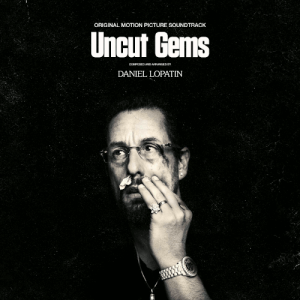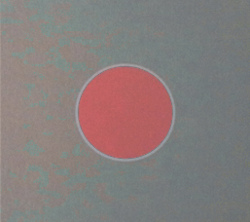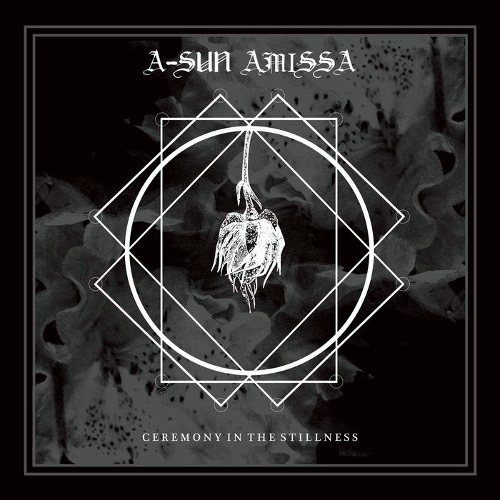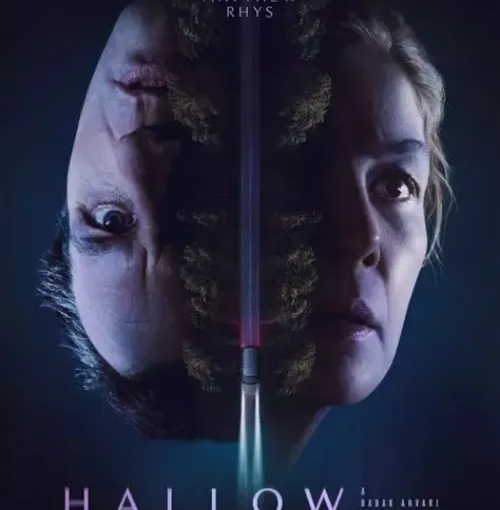 For his original soundtrack to Josh and Benny Safdie’s Uncut Gems, Daniel Lopatin (Oneohtrix Point Never) has pulled out all the faux chorale tricks, conjuring an electronic soundtrack that positively bulges with analogue synths that lay the groundwork for a maze of synthesized and sampled voices which are not averse to interjecting “huhs!” and other Ennio Morricone-esque and sub-Magma vocalisations at suitably dramatic moments.
For his original soundtrack to Josh and Benny Safdie’s Uncut Gems, Daniel Lopatin (Oneohtrix Point Never) has pulled out all the faux chorale tricks, conjuring an electronic soundtrack that positively bulges with analogue synths that lay the groundwork for a maze of synthesized and sampled voices which are not averse to interjecting “huhs!” and other Ennio Morricone-esque and sub-Magma vocalisations at suitably dramatic moments.
Thundering arpeggios that take the presumed action scenes on a vintage ride as they babble and bend with gleeful quavers or resonant filter sweeps and squitters of random noise generations. He channels a certain amount of Tangerine Dream, Vangelis or Maurice Jarre in his complex orchestrations and lushly polyphonic synthesizer melodies that soar off on tangents that are often at once serenely uplifting and hauntingly familiar.
The occasional snippet of dialogue serves to latch the music to Uncut Gems, but the words are deployed in the manner of samples, blurring the line between Oneohtrix Point Never’s soundtracks to imaginary films and this genuine OST. Served up like this, the smattering of spoken words don’t distract from the music, which often has the air of a slightly surreal take on film scoring from the late sixties and mid-seventies, and beyond.
[pullshowid=”eighties”]One minute the soundtrack to Uncut Gems is all pastorale meander, and seemingly fit for a sonorous widescreen vista of fields of wheat or Amish raising a barn together, the next boiling over into retro-proto-technoid pulsations that allow for a certain amount of paramnesiac déjà vu for anyone already familiar with movie music from the eighties too. The frenetic apex comes when Lopatin achieves a particularly energetic threnody as the rising groove of “School Play” seemingly attempts to spring loose from the shackles of gravity itself.
Separated from its cinematic context, the music serves itself well in isolation – it makes for a perfectly well-realised album of electronica with a knowingly vintage tinge (especially the joyously Cluster-like recursive interlocking arps of “Mohegan Suite”), and delivers on its stated purpose as mood music for the film, well as being a loving homage to cinema’s composers of yesteryear.
-Linus Tossio-



